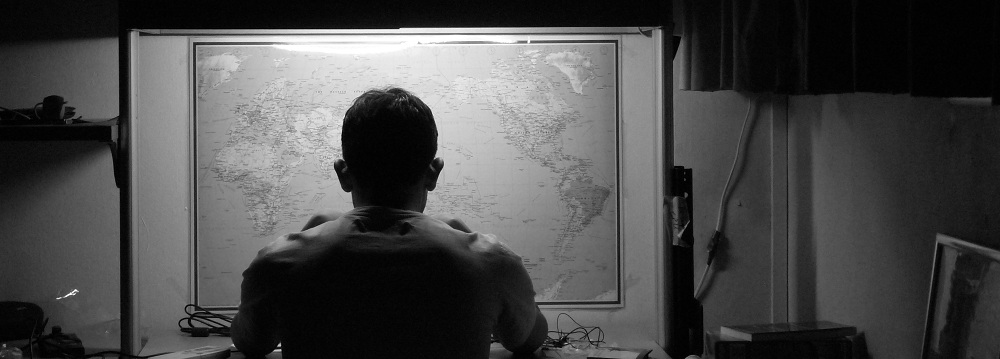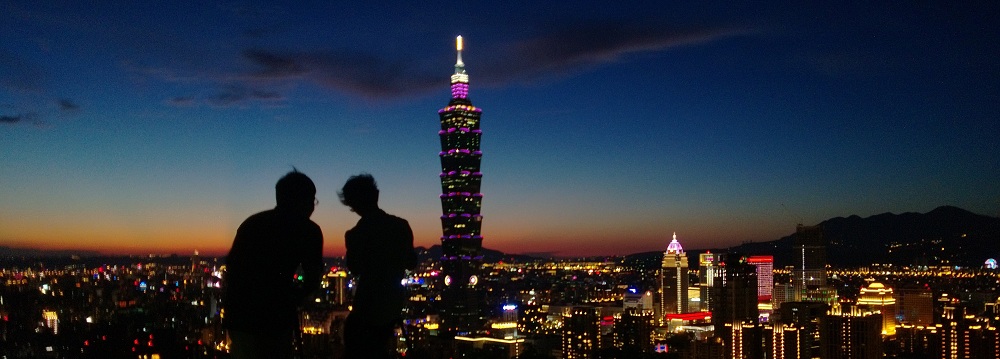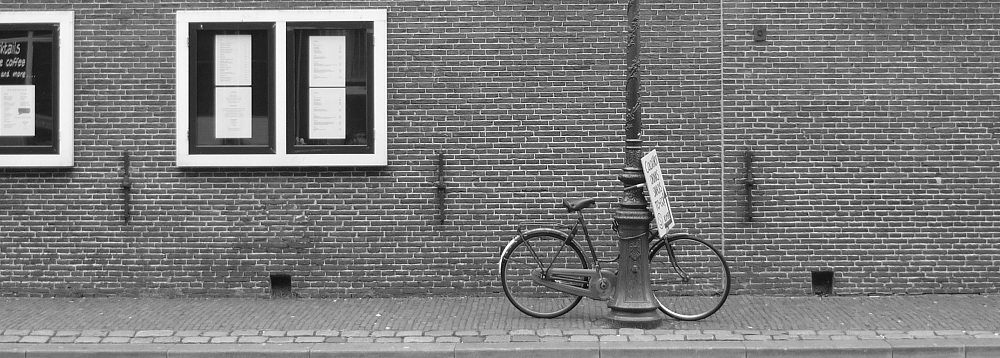Get an IT job. Get an MBA. Get a non-IT job. Start up. Do masters. Start up again. Do research.
There are times when all of it stops making sense to me. Everything sounds meaningless. Like acquiring a skill not to create but to survive.
In times like this, the impulse to do something meaningful eclipses the innate will to survive. Glued to a desk, I don't want to whip out another app which looks cool but adds little utility. Roving like a vagabond, I don't want to continuously absorb trivial factoids. There exists no problem that rattles my brain to an extent than I can selflessly devote half a decade delving into the its intricacies.
I don't understand why most jobs even exist.
Everything that you do reduces disorder in some way. It creates certain predictable circumstances around which the juggernaut of randomness revolves. A piece of program, a postman delivering mails, a recently dug canal - all such activities lead towards a predictable and more ordered scenario. They facilitate flow of information and of matter.
I fail to recognize any such reduction in randomness in a recent upsurge of jobs centered around finance and technology. The phenomenon of trading in finance fascinates me. How much effort, time and money has been put at stake to indulge in an abstract world that hinges on extrapolations, predictions and generalization of human behavior?
It's ironic to see so much redundancy in the area of tech based start-ups. A massive amount of code is rewritten, duplicated, forked and copied on a daily basis to create products that differ merely in their ownership. This duplication when coupled with competition contributes to a course of events that shape the society we live in. It disrupts the original behavior of consumers and increases randomness. And then we write more code to dive into the granularity of this randomness, or to rise above it to witness a pattern that clouds all random fluctuations we see on a daily basis.
The society that we humans have created is a severely closed group. You can't use its facilities without being a part of it.Think of a person who lives a minimalist life close to nature but wants to take a train or a flight to get somewhere far in little time. To do that, they need money. To have money, they need to do something that forces them to be a part of a society. It seems logical at first. But after a while, it seems a very inefficient design.
Restriction gives rise to notions of luxury and tourism. A luxury is a luxury only because it's hard to get it.











